Troubleshoot Bose SoundLink Revolve Overheating During Use

Bose SoundLink Revolve is a popular portable Bluetooth speaker that delivers 360‑degree sound and a rugged design that suits outdoor use. When it works correctly, the device feels warm in the hand after a few hours of play. However, many users have reported that the speaker becomes noticeably hot, sometimes to the point of discomfort or the internal temperature reaching a warning level. Overheating can shorten battery life, reduce audio performance, or in extreme cases cause the speaker to shut down automatically. This guide provides a step‑by‑step approach to diagnosing and fixing overheating problems while keeping your Revolve safe and functional.
Understanding Why the Speaker Gets Hot
Heat is a natural by‑product of electrical power conversion. The Bose SoundLink Revolve contains a lithium‑ion battery, an integrated amplifier, and Bluetooth circuitry. When these components draw power, they generate heat. Under normal circumstances the device’s internal fan‑less cooling system dissipates this heat through the speaker’s metal chassis. Overheating can occur when any of the following conditions arise:
- High ambient temperatures such as a hot day in a tent or inside a closed car.
- Extended high‑volume playback that forces the amplifier to work harder.
- Continuous charging while playing, which adds extra heat from the charging circuitry.
- Battery degradation or a faulty cell that consumes more power than usual.
- Blocked ventilation where the speaker’s air vents are obstructed by clothing, a backpack, or a blanket.
When the internal temperature rises beyond the manufacturer’s safe range, the speaker’s protection circuits reduce power or shut the device down to prevent damage. Understanding these triggers helps you isolate the cause and apply the right fix.
Recognizing the Symptoms
Before you begin troubleshooting, confirm that the speaker is truly overheating and not just warm from normal use. Look for:
- Surface temperature: Hold the speaker after 30 minutes of use. If it feels hot or slightly warm to the touch, that may be normal. If it feels warm even after the speaker has been turned off, that indicates retained heat.
- Audio quality changes: A drop in volume or distortion when the speaker heats up can signal that the amplifier is throttling power to keep temperature in check.
- Automatic shutdown: The speaker may power off during a play session if it detects dangerously high temperatures.
- Visible damage: Burning smells, discoloration, or a bulging case are red flags that require immediate disconnection from power.
If any of these signs are present, proceed with the steps below.
Step 1 – Ensure Adequate Ventilation
The simplest fix is often the most effective. The Bose SoundLink Revolve’s design includes internal heat sinks and venting that work best when airflow is unobstructed. Follow these guidelines:
- Place the speaker on a flat, hard surface rather than a soft pillow or blanket. The metal chassis conducts heat better to the surrounding air.
- Avoid covering the speaker with a bag, clothing, or a blanket while it is in use. Even a small layer of fabric can trap heat around the vents.
- Keep a clearance of at least 6 inches around the speaker. The manufacturer’s manual recommends avoiding placement within 12 inches of a heat source such as a hot grill or a radiator.
After you have repositioned the speaker, monitor its temperature after 15 minutes of playback. If the device remains cool, the ventilation issue is likely resolved.
Step 2 – Check the Battery Health
Lithium‑ion batteries lose capacity over time and may begin to overheat when their internal resistance increases. To assess the battery:
- Perform a quick self‑check by turning the speaker on and letting it play for 20 minutes. If it shuts down prematurely or the battery icon shows a very low charge, the battery may be nearing the end of its life.
- Use a multimeter to measure the voltage across the battery terminals. A healthy battery should read between 3.8 V and 4.2 V. If the voltage is lower than 3.5 V, consider replacing the battery.
- If you have a replacement battery that came with the speaker or a certified replacement, swap it out and observe the temperature changes.
If the battery appears healthy, move on to the next step. If not, a battery replacement is the most reliable fix.
Step 3 – Reduce Volume and Disable Power‑Intensive Features
The amplifier’s power draw is directly related to the output volume. High volume levels push the amplifier to its limits, producing more heat. Also, some features use extra power:
- Turn off “Bass Boost” or “Equalizer” if available. These add processing overhead.
- Disable “Adaptive Volume” or “Dynamic Range Control,” which can increase power usage when the system detects higher ambient noise.
- Lower the volume to a level where the audio is comfortable but not maximum.
Open the Bose Connect app or use the speaker’s physical controls to lower the volume. Listen to the audio quality; if it remains acceptable, this adjustment should help control heat. You can also use the speaker’s physical volume dial, which gives a tactile cue.
Step 4 – Update Firmware
Firmware bugs can cause inefficient power management or unexpected heat generation. Updating to the latest firmware ensures you have the latest temperature‑control logic.
- Open the Bose Connect app on your smartphone.
- Connect to the speaker if not already paired.
- Check for firmware updates in the device settings.
- Download and install the update following on‑screen instructions.
After the update, test the speaker at a moderate volume for an hour. If it stays within safe temperature ranges, the firmware was the culprit.
Step 5 – Test with Different Audio Sources and Cables
Sometimes the audio source or the cable used for charging can cause extra power draw. Verify that:
- Bluetooth signal strength is stable. A weak connection can cause the speaker to work harder to maintain audio quality. Move the phone or source closer to the speaker.
- Use a high‑quality USB‑C cable for charging. Cheap cables may have higher resistance and generate heat during charging.
- Try a different power outlet or a different charging adapter. Some chargers may output too much current.
If the overheating stops after changing the source or cable, the original accessory was likely contributing to excess heat.
Step 6 – Avoid Charging While Playing
The Bose SoundLink Revolve can charge while in use, but this combination can add heat from both the charging circuit and the amplifier. To mitigate:
- Charge the speaker when it is idle. Allow it to reach a temperature below 70 °C before plugging in.
- Use a dedicated charger rated for the speaker’s input (usually 5 V, 2 A). Avoid using wall chargers that output higher voltage or current.
- Turn off the speaker before disconnecting the charger. This prevents the system from suddenly drawing a high current when the charger is removed.
By separating charging from playback, you reduce the thermal load on the device.
Step 7 – Keep the Speaker in a Safe Temperature Range
The Bose SoundLink Revolve is designed to operate between 0 °C and 40 °C (32 °F to 104 °F). Operating outside these limits can cause overheating:
- Avoid placing the speaker in direct sunlight for extended periods. Even a hot day in a shaded area can raise ambient temperature above 40 °C.
- Do not leave the speaker in a closed car when it is warm. A typical car interior can exceed 40 °C quickly.
- Store the speaker in a cool, dry place when not in use. If you live in a hot climate, consider using a shaded outdoor spot or a small fan to keep temperatures down.
If you must use the speaker in a hot environment, keep a small fan or open a window to circulate air around the device.
Step 8 – Inspect the Speaker Internally
If the external measures above do not solve the problem, you may need a more thorough inspection. This step requires careful handling and may void warranty if performed by a non‑authorized technician.
- Unplug the speaker and remove the battery cover if possible.
- Look for dust or debris inside the vents or around the amplifier. Use a can of compressed air to blow out any obstructions.
- Check for signs of swelling or discoloration on the battery or internal components. A swollen battery can push against the chassis, impairing heat dissipation.
- Listen for unusual noises during playback—clicking or whining sounds can indicate internal damage.
If you notice any of these issues, contact Bose customer support or an authorized service center. Replacing the battery or internal components may be necessary.
Step 9 – Contact Bose Support or Use Warranty
If all of the above steps fail to resolve the overheating, it is time to seek professional help. Bose offers a comprehensive warranty for the SoundLink Revolve:
- Standard warranty covers manufacturing defects for one year from the date of purchase.
- Extended warranty options may be available depending on your region.
When contacting support:
- Explain the troubleshooting steps you have taken. This demonstrates that you have attempted to resolve the issue yourself.
- Provide the exact symptoms, including when the overheating occurs and any error messages or shutdowns.
- Mention your purchase details, such as the date, place, and receipt number.
Bose may ask you to send the speaker back for repair or offer a replacement. In most cases, they will address overheating caused by a faulty component under warranty.
Long‑Term Prevention Tips
Even after fixing an overheating issue, following a few habits can keep your Bose SoundLink Revolve cool for years:
- Store the speaker in a cool, ventilated area when not in use.
- Avoid overcharging; disconnect the charger once the battery is full.
- Limit maximum volume to a level that maintains sound quality without stressing the amplifier.
- Regularly clean vents with compressed air, especially if you use the speaker outdoors where dust can accumulate.
- Keep firmware updated; manufacturers often release updates that improve power management.
By incorporating these practices into your routine, you can enjoy rich 360‑degree audio without the risk of overheating.
Final Thoughts
Overheating in the Bose SoundLink Revolve is rarely a sign of a catastrophic failure. Most cases can be addressed through simple adjustments to ventilation, volume, charging habits, and firmware. By following the troubleshooting steps outlined here, you can identify the root cause and apply the appropriate fix. If the issue persists, professional support will provide a resolution that protects both your device and your listening experience.
This guide has walked you through every aspect of diagnosing and fixing an overheating Bose SoundLink Revolve. Remember, the key is to keep the speaker in a well‑ventilated environment, monitor battery health, manage volume wisely, and maintain up‑to‑date firmware. Happy listening.
Discussion (9)
Join the Discussion
Your comment has been submitted for moderation.
Random Posts
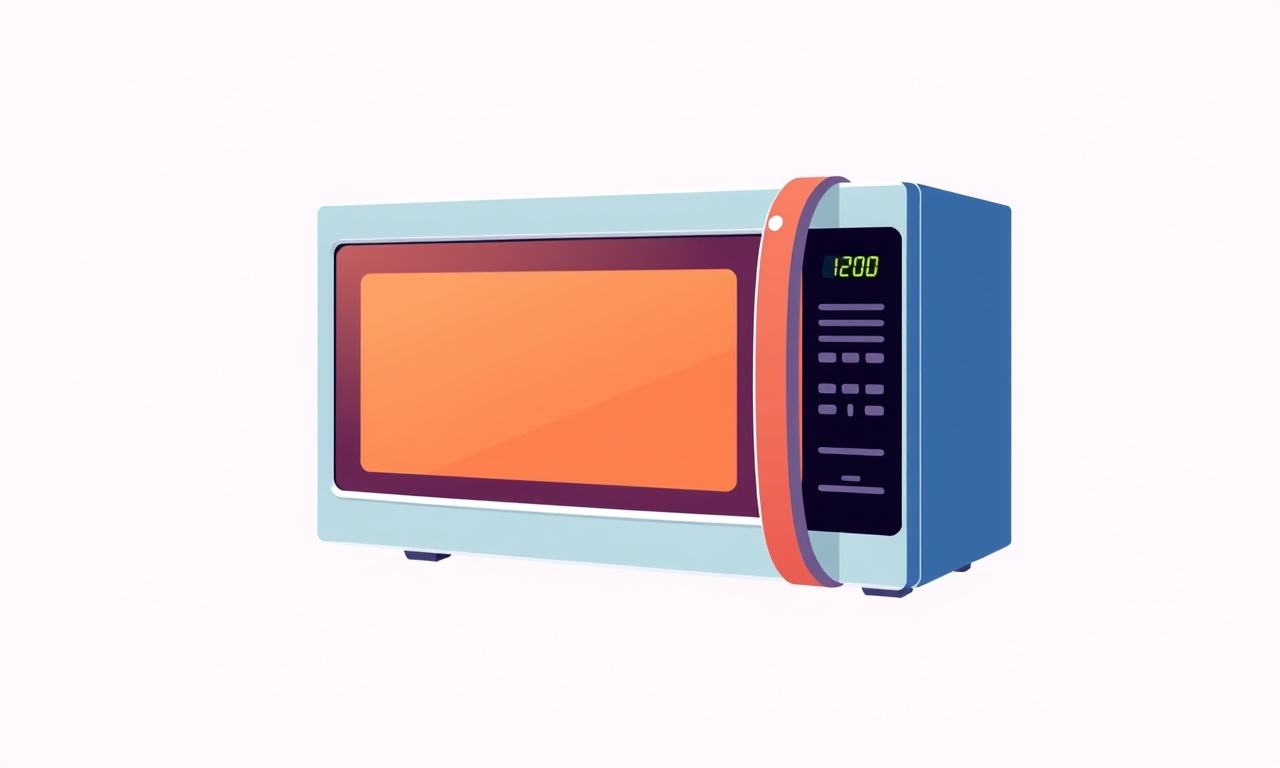
Maytag M2011 Microwave Error Code 12, Troubleshooting Tips
Error Code 12 on a Maytag M2011 signals a power or high voltage fault. Follow a step by step guide to inspect the transformer, diode, and connections, and restore your microwave without costly repairs.
4 weeks ago
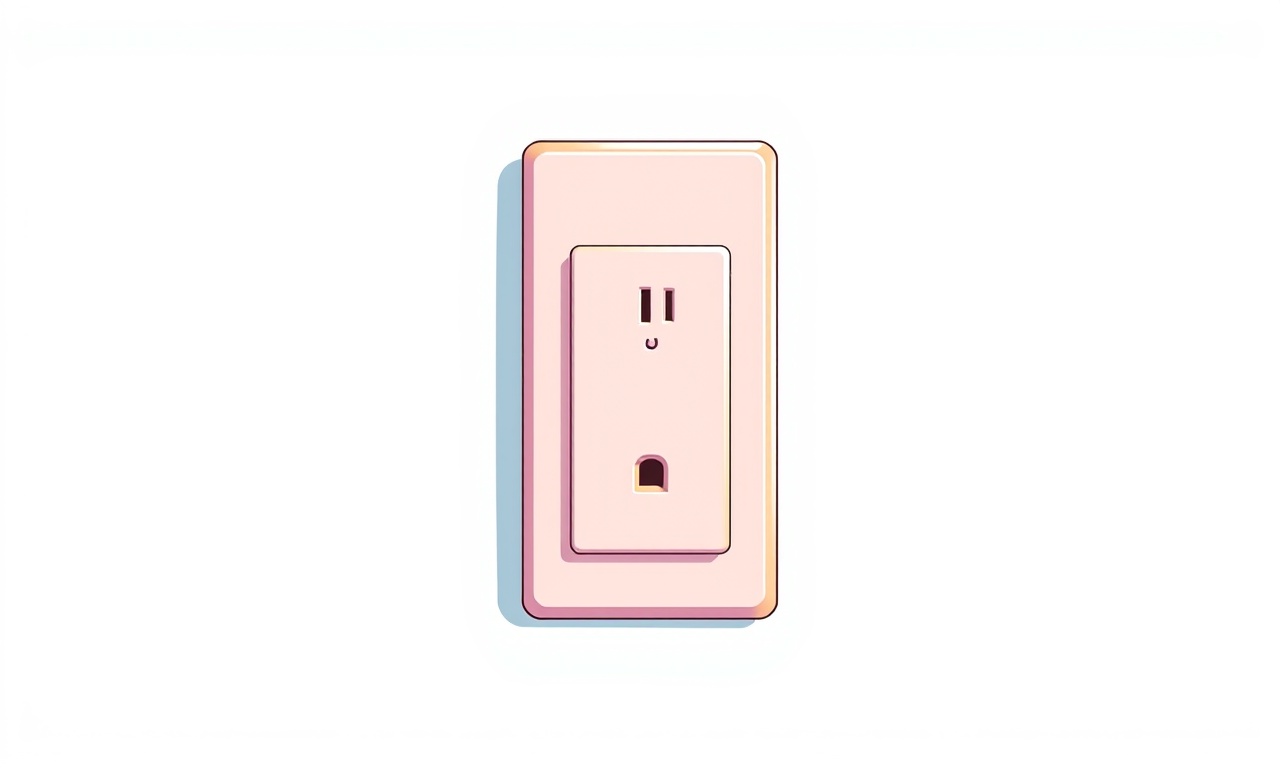
Strategy to Avoid Unresponsive Power Button on Sonoff Smart Plug S40
Keep your Sonoff S40 button responsive by learning why it fails and how to prevent it with simple care, firmware updates, and smart habits.
1 year ago
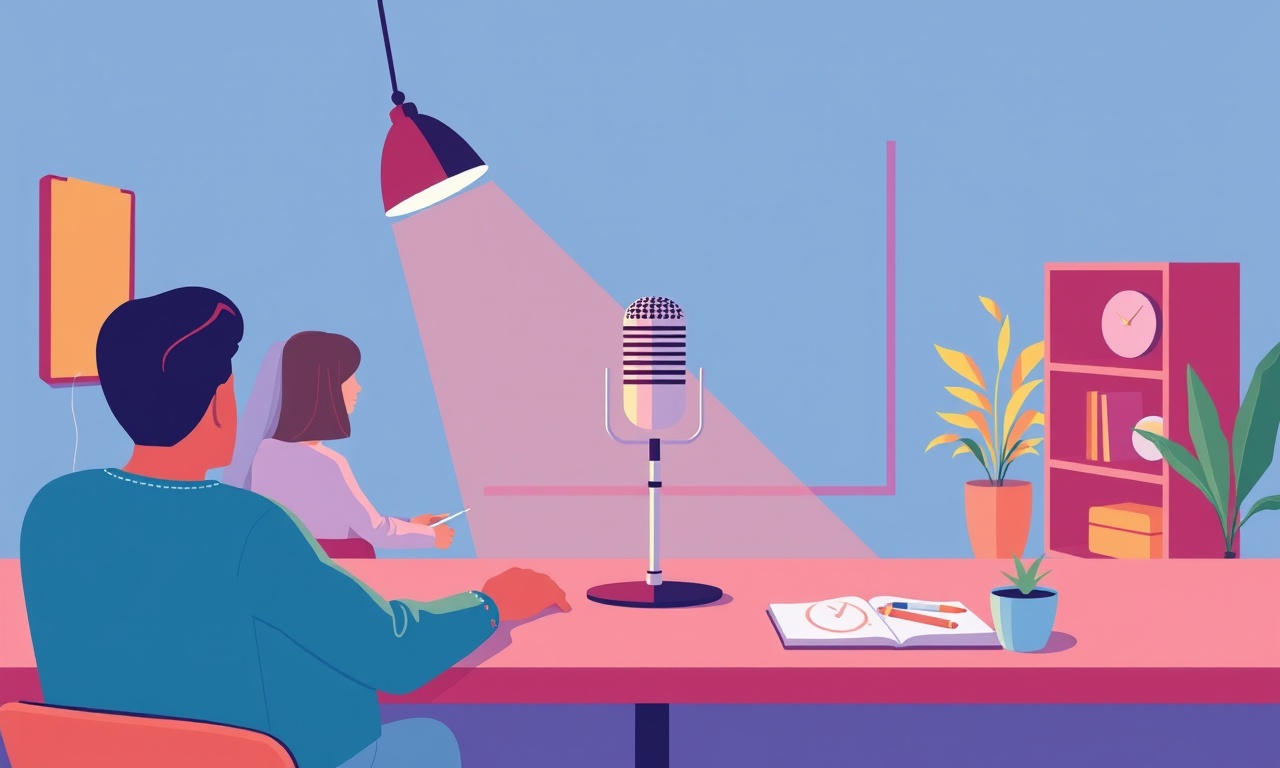
AVer CAM3400 Microphone Silences Voice When Using Zoom
Find out why your AVer CAM3400 mic cuts out on Zoom, learn step-by-step fixes, and know when to call a pro to keep your audio loud and clear.
9 months ago
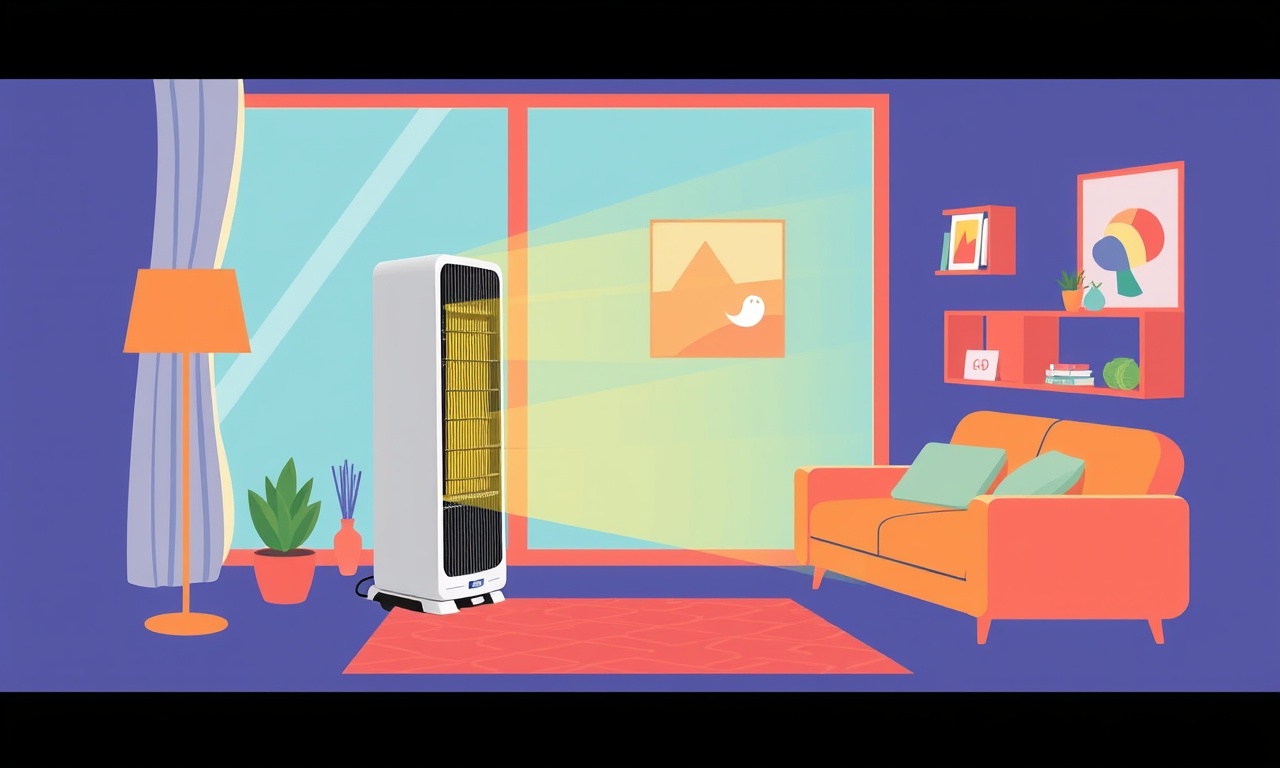
Correcting a Fan Speed Oscillation on the Lasko LS7500 Tower Heater
Learn how to stop the Lasko LS7500 fan from wavering by clearing dust, checking bearings and tightening connections, simple steps that restore steady heat and prolong your heater’s life.
9 months ago
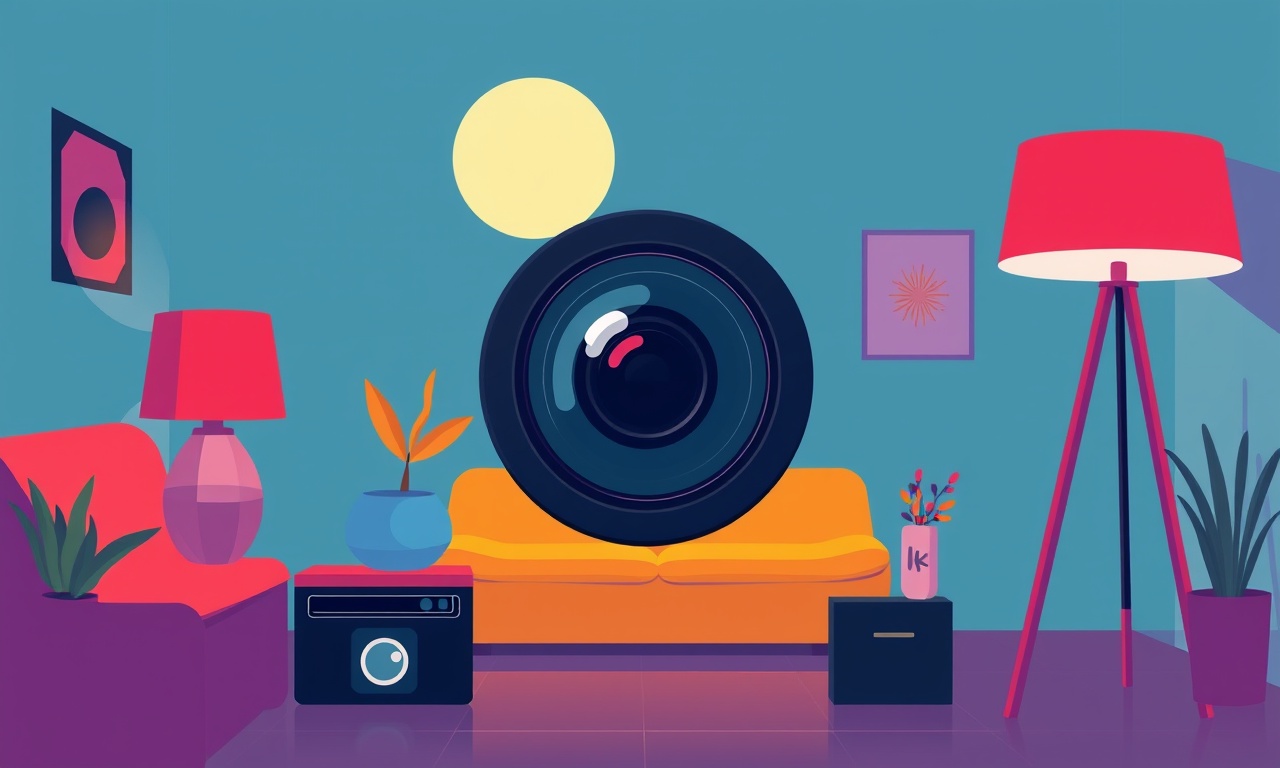
Fix Sony SmartCam Indoor Noise Interference
Discover why your Sony SmartCam hisses, crackles, or distorts indoors, learn to spot power, cord and wireless culprits, and fix the noise with simple, lasting solutions.
3 weeks ago
Latest Posts

Fixing the Eufy RoboVac 15C Battery Drain Post Firmware Update
Fix the Eufy RoboVac 15C battery drain after firmware update with our quick guide: understand the changes, identify the cause, and follow step by step fixes to restore full runtime.
5 days ago

Solve Reolink Argus 3 Battery Drain When Using PIR Motion Sensor
Learn why the Argus 3 battery drains fast with the PIR sensor on and follow simple steps to fix it, extend runtime, and keep your camera ready without sacrificing motion detection.
5 days ago

Resolving Sound Distortion on Beats Studio3 Wireless Headphones
Learn how to pinpoint and fix common distortion in Beats Studio3 headphones from source issues to Bluetooth glitches so you can enjoy clear audio again.
6 days ago